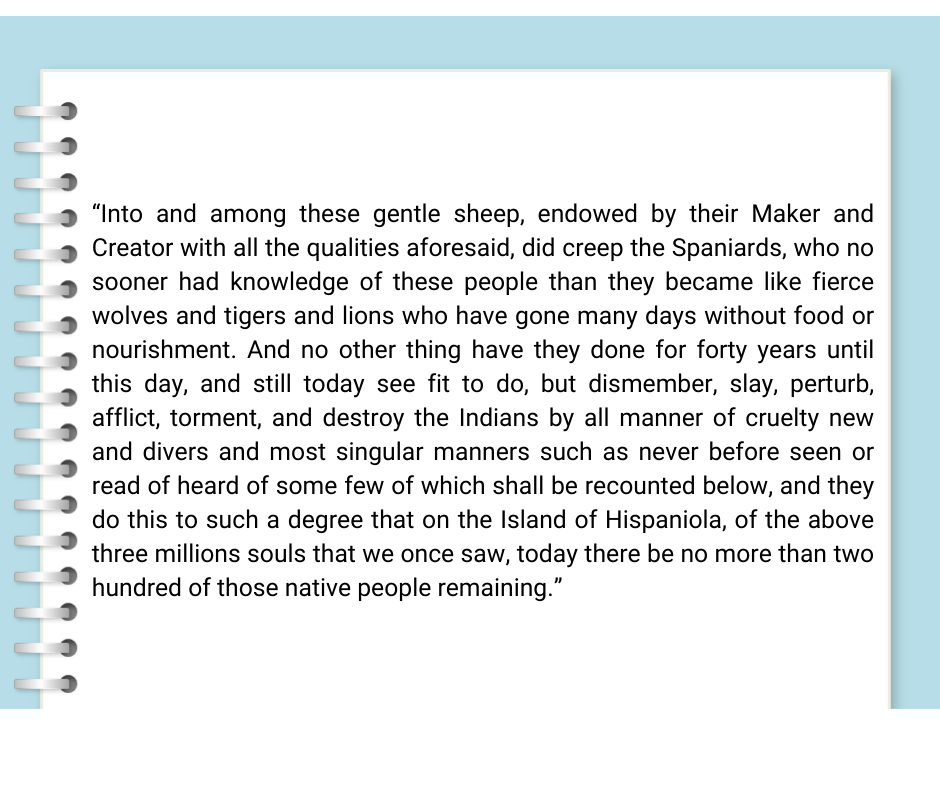
Explanation:
The foundation of the Spanish empire was a precise ranking system that grounded social standing on race. Settlers from Spain had the greatest rank, followed by Spanish subjects born in the colonies, than persons of bi-racial origin, followed indigenous peoples, and finally, Africans were at the bottom.
Explanation:
Native Americans lacked the metal armor, weapons, and horses that Europeans had. Millions of Indians who lacked protection also perished from diseases including small pox, measles, and others.
Explanation:
Europeans picked up the habits of eating items that were exclusive to the New World, such drinking chocolate and smoking tobacco.
Explanation:
Imperial powers attempted to increase their influence in continental Europe by using the silver from the Potosi mines (seen above). Joint stock corporations and other economic developments started to supplant feudalism, along with capitalism.
Explanation:
Native Americans were viewed by Spanish authorities as inferior people who should work on plantations, in mines, and in other industries in order to benefit Spain.
Explanation:
Imperial powers looked to African slaves to preserve productivity in colonial commercial ventures as Native populations perished from disease and warfare brought about by European colonization.
Explanation:
Numerous epidemics, including the Black Death, were made easier to spread in Europe over the centuries by close contact with animals and the development of huge cities. The absence of these elements in the New World made Native Americans particularly susceptible to devastating diseases like smallpox.